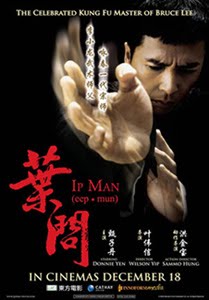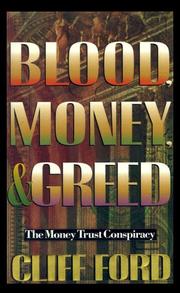February 9, 2009 | From theTrumpet.com
The 45th annual Munich Security Conference was different to all the others. But will the outcome produce peace for our time?
It was the infamous declaration that British Prime Minister Chamberlain made upon his return from negotiating a peace settlement between Great Britain and Nazi Germany that originally connected the city of Munich with the concept of world peace.
Landing at Heston Airport on his return from Munich, Sept. 30, 1938, Chamberlain waved the piece of paper containing the signatures of both himself and Hitler, the document known as the Munich Agreement, declaring his belief that it would secure “peace for our time.”
Less than one year later, on Sept. 3, 1939, two days after the Nazi invasion of Poland, Britain was at war with Germany, a war that was to engulf the globe before the Allies secured their final victory over the Axis nations in 1945.
Seventeen years later, Ewald von Kleist, a German publisher, founded the Conference on Security Policy in Munich, in 1962. Delegates at the first conference included government ministers, members of parliament, senior representatives of the armed forces, scientists and journalists. The idea was to create a transatlantic forum focused on the major foreign- and security-policy challenges facing the Western alliance in an endeavor to work toward securing “peace for our time.”
With only a couple of exceptions, the Munich Security Conference (msc) has convened annually ever since.











No comments:
Post a Comment